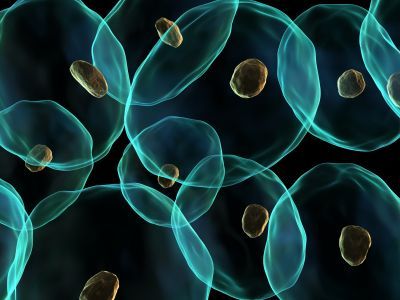New research finds promising treatment for hepatitis C

Your support helps us to tell the story
From reproductive rights to climate change to Big Tech, The Independent is on the ground when the story is developing. Whether it's investigating the financials of Elon Musk's pro-Trump PAC or producing our latest documentary, 'The A Word', which shines a light on the American women fighting for reproductive rights, we know how important it is to parse out the facts from the messaging.
At such a critical moment in US history, we need reporters on the ground. Your donation allows us to keep sending journalists to speak to both sides of the story.
The Independent is trusted by Americans across the entire political spectrum. And unlike many other quality news outlets, we choose not to lock Americans out of our reporting and analysis with paywalls. We believe quality journalism should be available to everyone, paid for by those who can afford it.
Your support makes all the difference.US scientists have discovered a way to block replication of the hepatitis C virus, potentially leading to better treatment for the top cause of liver cancer in the United States, a study said Wednesday.
In vitro experiments identified a protein that is essential to the reproductive cycle of the hepatitis C virus (HCV), the researchers said.
An altered synthetic version of the protein was found to destroy the virus' ability to replicate, they added.
The altered protein led to compounds that prevented the aggregation or replication of HCV virus, said study lead author Jeffrey Glenn, a professor of gastroenterology and hepatology, and director of Stanford University's Center for Hepatitis and Liver Tissue Engineering.
Because the compounds operate by disrupting a mechanism that is only needed by the virus, the researchers hope any new drugs developed from their research will be less toxic for humans.
Glenn foresees a year to 18 months of preclinical and animal testing before the Food and Drug Administration (FDA) can approve the class of compounds for clinical trials in humans.
The study was published Wednesday in the online edition of Science Translational Medicine.
If the new compounds prove effective in HCV patients, they could boost efforts to fight the virus' tendency to rapidly acquire resistance to current drug treatment, while avoiding the worst side effects common to these treatments, Glenn said.
At present, the only hepatitis treatment approved by the US Food and Drug Administration is a cocktail of interferon and ribavirin, which is toxic, must be administered in a 48-week course and is effective in less than half of patients.
"Hepatitis C virus... is a huge problem," said Glenn. "It infects over 150 million people worldwide, many of whom don't even know they have it."
According to the World Health Organization (WHO), 170 million people worldwide are infected with hepatitis C, which is transmitted via blood and can progress over years into cirrhosis and liver cancer.
There are an estimated four million carriers of the virus in Europe, and between three and four million people in the United States are chronically infected, according to the WHO.
js/fgf/sah
Join our commenting forum
Join thought-provoking conversations, follow other Independent readers and see their replies
Comments